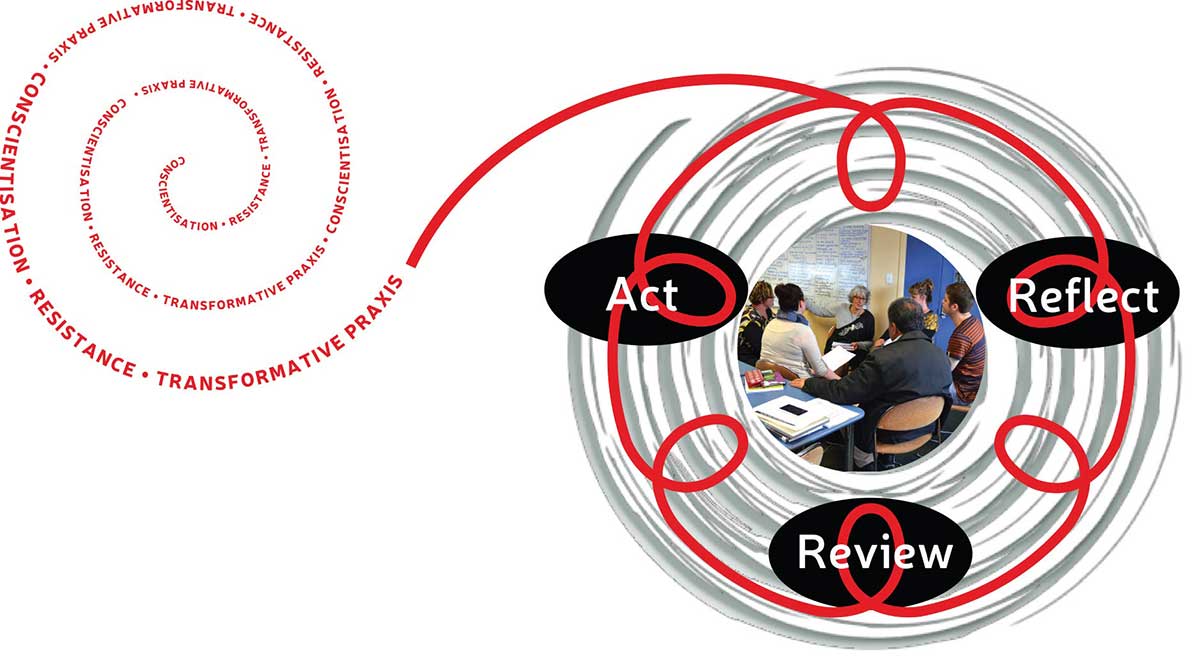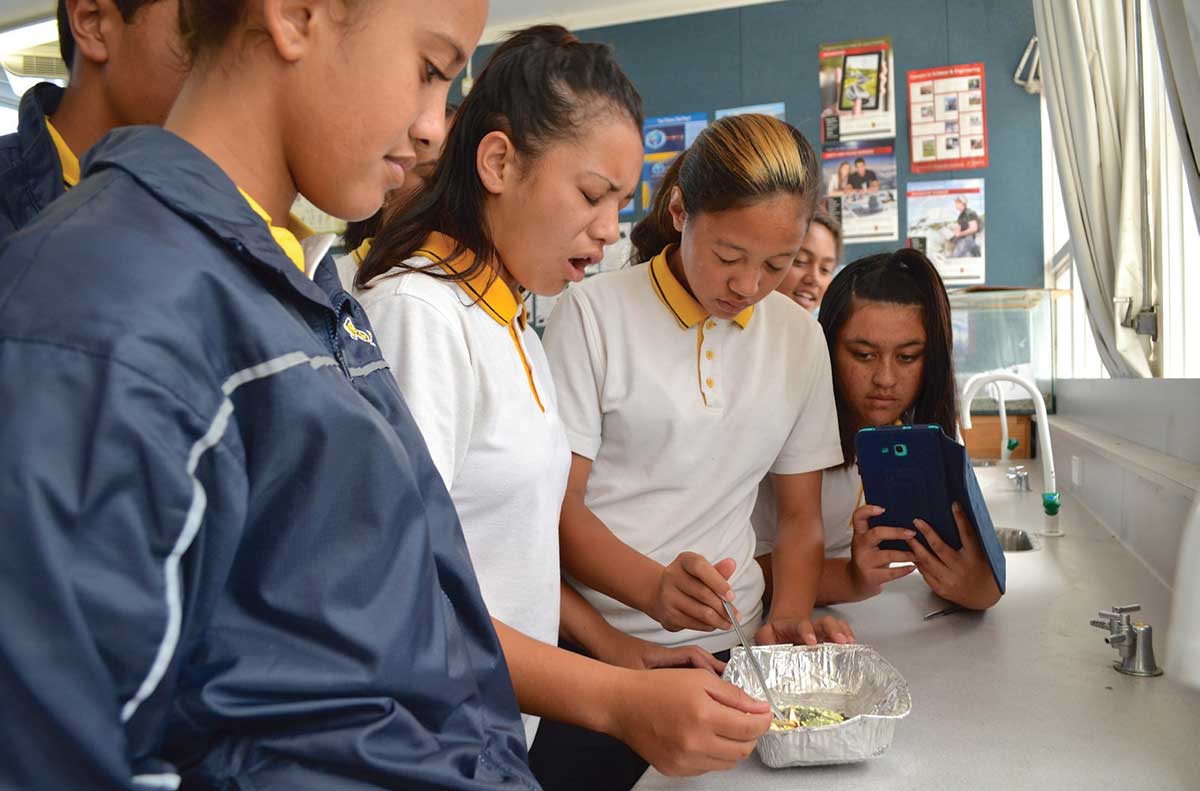Ko te pae tata, whakamaua kia tina: ko te pai tawhiti, whaia kia tata
Manage today in order to shape tomorrow
Evidence-based Inquiry


Ko te pae tata, whakamaua kia tina: ko te pai tawhiti, whaia kia tata
Manage today in order to shape tomorrow
Evidence-based inquiry within Kia Eke Panuku is underpinned by kaupapa Māori methodology and critical theory such that:
The shared valued outcome is that Māori students can enjoy and achieve education success as Māori.
Resources comprising videos and sets of focusing questions have been developed with Kia Eke Panuku schools to deepen our understanding of effective contexts for learning. Click on the link to explore the video collection which features contributions from Kerikeri High School.
As part of the whakapapa of Kia Eke Panuku, the Starpath Project Toolkit provides a valuable range of resources to support the work across the six dimensions, particularly Evidence-based Inquiry and Educationally Powerful Connections with Māori.

Central to this process is the triangulation of evidence sets, together with critical reflection and discussion about the evidence and the contexts from which that evidence has emerged.
This ‘critical cycle’ requires understanding the implications of our current practice (conscientisation), deciding what we need to change (resistance) and implementing theory-based practices that will lead to accelerated outcomes for Māori students (transformative praxis). The use of evidence is essential throughout.
By engaging with the discourses through which critical reflection occurs, a deeper understanding of the evidence and its implications for promoting school reform for equity can begin to emerge.
 ‘Critical’ reflection concerns itself with understanding how issues of power play out within pedagogy, school systems and structures, leadership practices and relationships with whānau, hapū and iwi. Understanding our own role in this promotes conscientisation.
‘Critical’ reflection concerns itself with understanding how issues of power play out within pedagogy, school systems and structures, leadership practices and relationships with whānau, hapū and iwi. Understanding our own role in this promotes conscientisation.
The critical cycle of learning uses evidence-based inquiry to determine the impact of our current actions and our progress towards the kaupapa (shared vision). Resistance involves critically reviewing the actions that do not support the kaupapa and searching for actions that do. New ‘transformative’ actions are collaboratively constructed with the explicit aim of moving closer to the kaupapa.
Supported by this evidence-based inquiry process, the Kia Eke Panuku critical cycle of learning (unlearning, relearning) promotes learning through the conversations (dialogic contexts) in order to enact transformative praxis.